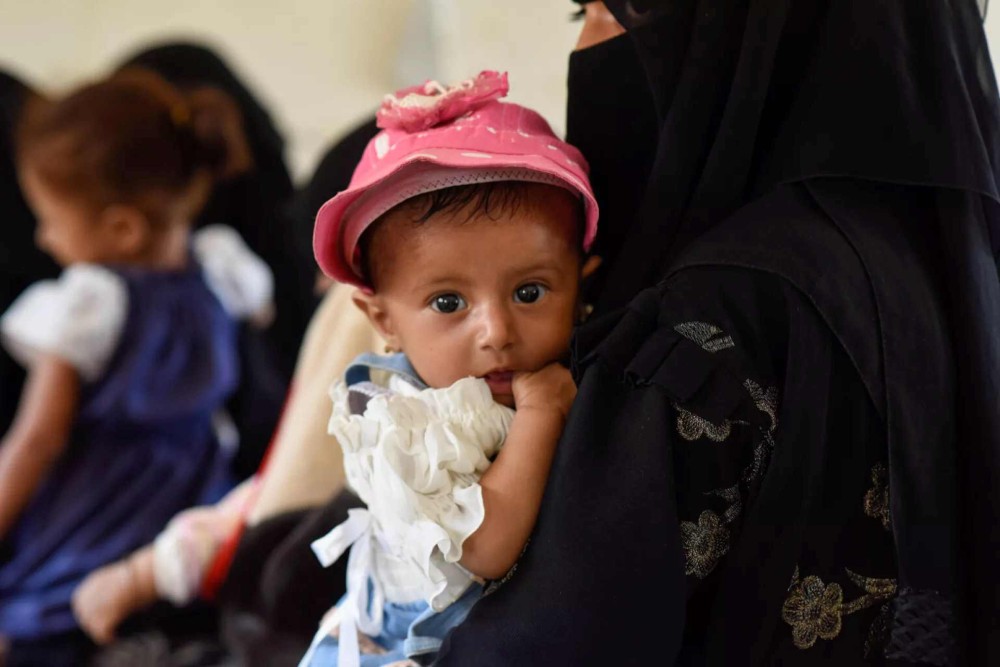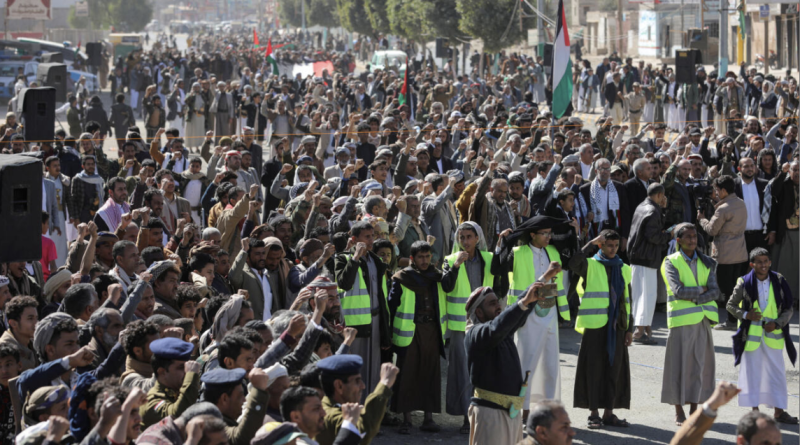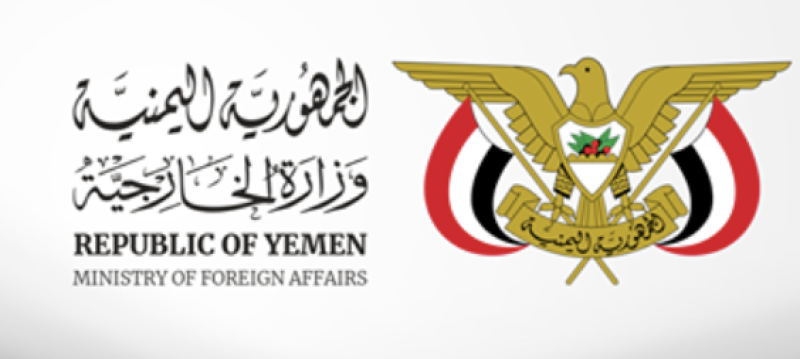Yemen is one of the world’s largest humanitarian crises , UNICEF


Aden-
After nine years of conflict, the national socioeconomic systems of Yemen remain on the edge of total collapse, while conflict, large-scale displacement and recurring climate shocks have left families vulnerable to communicable diseases outbreaks. Millions of children lack access to safe water, sanitation and hygiene services, and the country continues to experience regular outbreaks of cholera, measles, diphtheria and other vaccine-preventable diseases.
While the reduction in active conflict observed since April 2022 has led to a decrease in civilian casualties and distress across communities, the situation remains fragile without a sustainable political settlement.
How is the crisis affecting children?
Thousands of children have been killed or maimed since the beginning of the conflict, and thousands more have been recruited into the fighting. Years of conflict, misery and grief have left millions of people in Yemen in need of mental health and psychosocial services.
The ongoing humanitarian crisis has increased the vulnerability of children and women to exploitation, violence and abuse, child labour, killing and maiming, recruitment and use of children by parties to the conflict as combatants and in various support roles, domestic and gender-based violence, child marriage and psychosocial distress.
The conflict has exacerbated the ongoing malnutrition crisis in Yemen. Around 2.7 million children are suffering from acute malnutrition, including hundreds of thousands of children suffering from severe acute malnutrition – a life-threatening condition if not treated urgently. The damage and closure of schools and hospitals has also disrupted access to education and health services. More than 4.5 million children of school age do not attend schools, and those who go to school are forced to cope with overcrowded classrooms and overburdened and unequipped teachers.
UNICEF is on the ground to save children’s lives, to help them cope with the impact of conflict, and to help them to recover and resume their childhoods. Conflict and violence have pushed more families into poverty and deprivation. UNICEF is helping treat severe acute malnutrition in children by providing essential therapeutic food and medical supplies.
Children are also being helped with victim assistance and education on mines and explosive remnants of war. Meanwhile, UNICEF and partners are rehabilitating damaged schools and establishing safe learning spaces.

Sana'a -- The Houthi militias in Sana’a, Yemen, announced the death of several of their military commanders, without disclosing the location…

Aden – Yemen’s Ministry of Foreign Affairs has welcomed the latest statement issued by the United Nations Security Council regarding th…

London – The United Kingdom has welcomed the latest statement issued by the UN Security Council on Yemen, stressing the urgent need for the H…